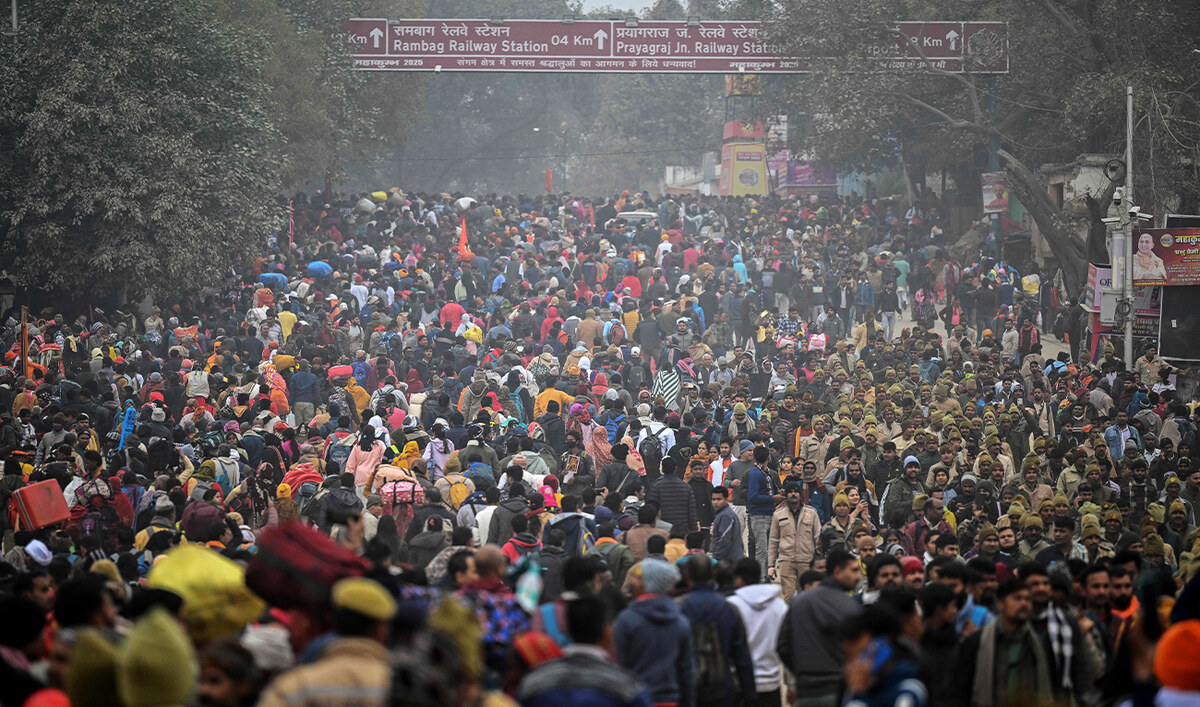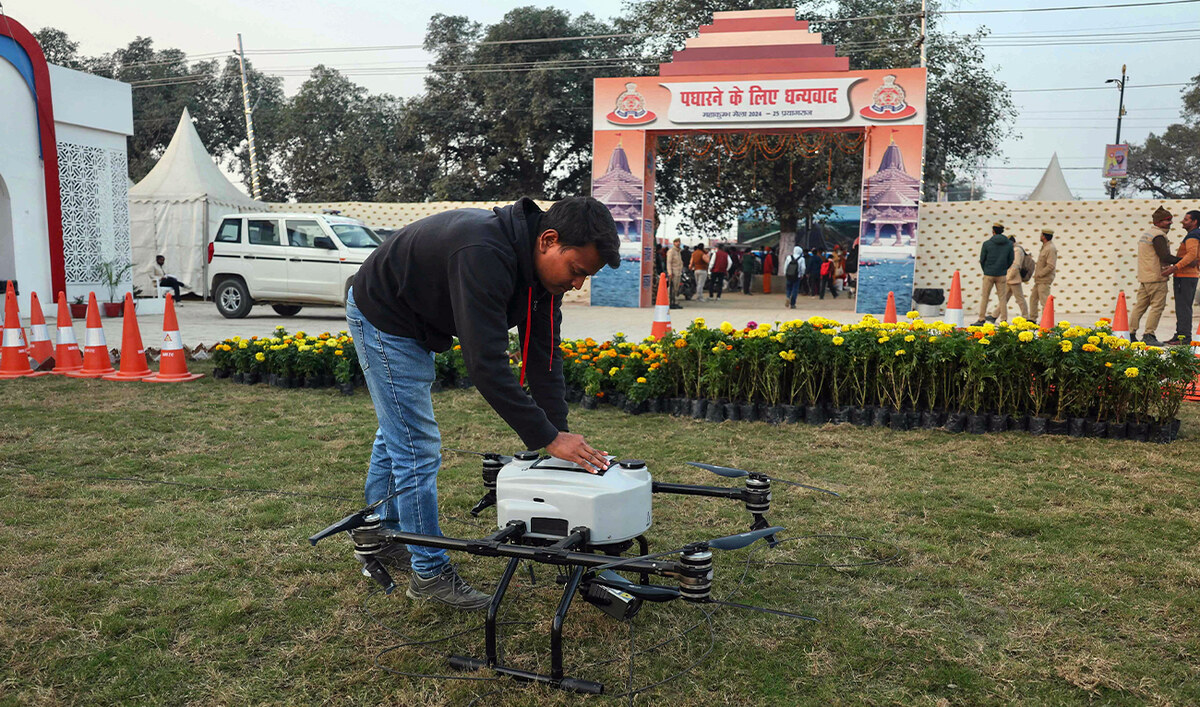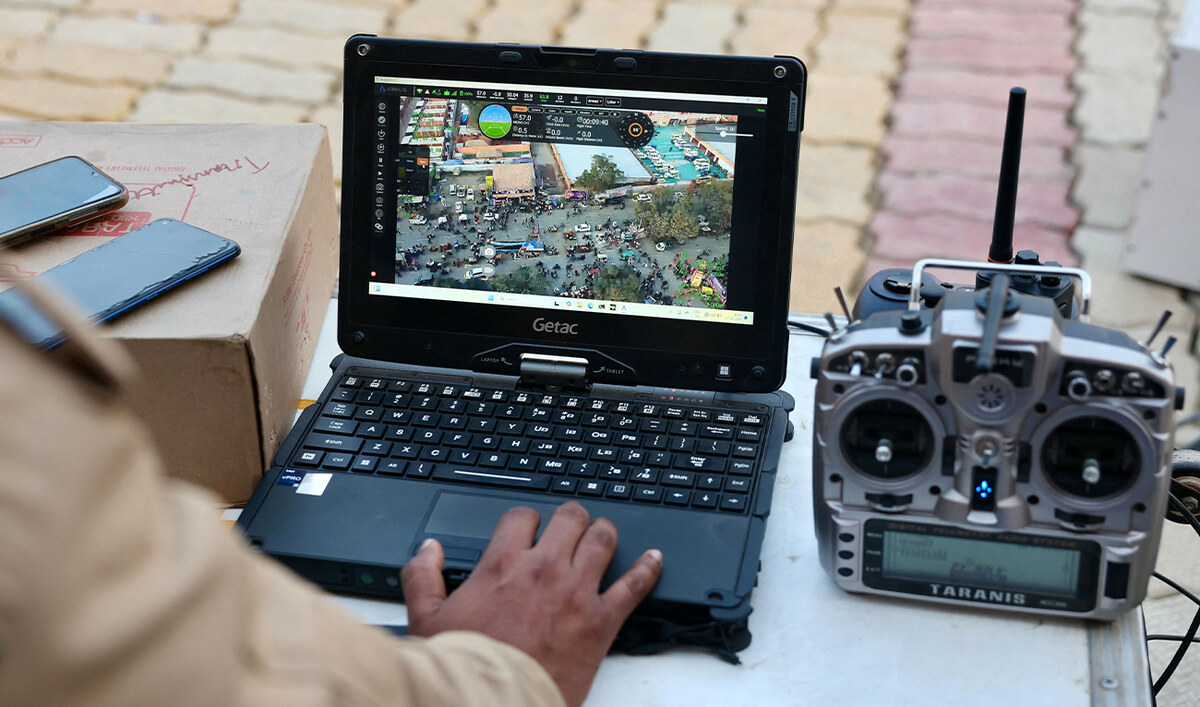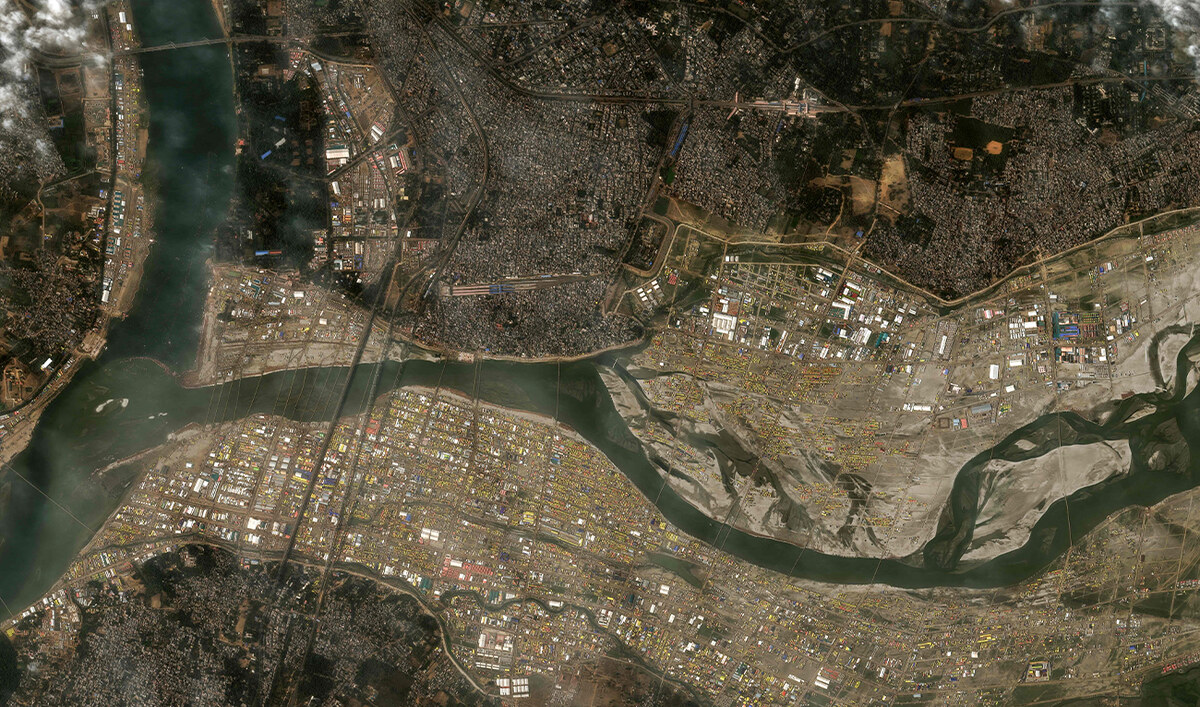COX’S BAZAR: Mohammad Jamal heard about Dr. Muhammad Yunus long before the economist became the head of Bangladesh’s new government last month. Like many other Rohingya refugees, he is now pinning his hopes on the Nobel prizewinner changing his life.
An internationally renowned microfinance pioneer who in 2006 was awarded the Nobel Peace Prize for his work, Yunus was appointed to lead Bangladesh’s interim administration following the ousting of veteran prime minister Sheikh Hasina.
With strong ties to the international community, donors and Western governments, he has promised reforms and also support to the 1.2 million Rohingya refugees that Bangladesh is hosting.
“We have heard of Dr. Yunus earlier many times. He raised his voice for our wellbeing in different international media earlier also. Since he is a Nobel laureate, people know him across the world as well (as) in Bangladesh. He is a very good person,” said Jamal, a 27-year-old living in a refugee camp in Cox’s Bazar.
A coastal district in Bangladesh’s east, Cox’s Bazar became the world’s largest refugee settlement with the arrival of hundreds of thousands of Rohingya fleeing death in neighboring Myanmar during a military crackdown in 2017.
Opinion
This section contains relevant reference points, placed in (Opinion field)
Referred to as ethnic cleansing and genocide by various UN agencies, International Criminal Court officials, human rights groups and governments, the global outrage over the violence against the Rohingya initially brought robust aid to Bangladesh to help it support them, but it has rapidly declined over the years, especially since the COVID-19 pandemic.
The World Food Programme last year even resorted to reducing the value of its food assistance to those living in Cox’s Bazar camps.
As Yunus has been credited with lifting millions of Bangladeshis out of poverty through his microlending programs, the Rohingya believe he will find a way to help them, too.
“Refugee life is not a dignified one. For everything, we need to ask or depend on aid. If we could be provided with some livelihood training and then informal working opportunities, it would make us self-reliant to some extent,” said Amena Begum, a 38-year-old mother of three.
“I heard that he spent years of his life for the well-being of the rural people, especially for empowering the women. So, I hope that he will take some initiatives for changing the fate of the Rohingya women also.”
In his first major government policy address in late August, Yunus pledged that his government “will continue to support the million-plus Rohingya people sheltered in Bangladesh” and that it needs the “sustained efforts of the international community for Rohingya humanitarian operations and their eventual repatriation to their homeland, Myanmar, with safety, dignity and full rights.”
Despite multiple attempts from Bangladeshi authorities, a UN-backed repatriation and resettlement process for the Rohingya has failed to take off for the past few years, as in Myanmar they are denied the most basic rights.
Currently, it is also not possible as violence in their home Rakhine state has escalated in recent months amid fighting between Myanmar’s ruling junta and the Arakan Army, a powerful ethnic militia.
With a new wave of those fleeing Myanmar for Bangladesh, Yunus earlier this month called for a fast-tracked third-country resettlement of Rohingya — a plan that has been on the table for years but has so far resulted in insignificant response abroad.
But before that happens, refugees hope there are ways in which Yunus’s government will improve on the previous regime’s handling of the crisis.
With Bangladesh not being a signatory to the 1951 UN Refugee Convention, the Rohingya do not have access to formal education and cannot be legally employed to earn their livelihood.
“As a Nobel peace laureate, I hope he will stand beside the genocide survivors and oppressed Rohingyas, (that) he will provide us with better education opportunities until we get the chance of repatriation,” said Mohammad Rizwan, 26-year-old Rohingya volunteer and activist in Cox’s Bazar.
“As a Nobel laureate, he understands the importance of the rights for human beings and the agony of having a life without rights. That’s why we are expecting that, Dr. Yunus will do something new for us.”






























